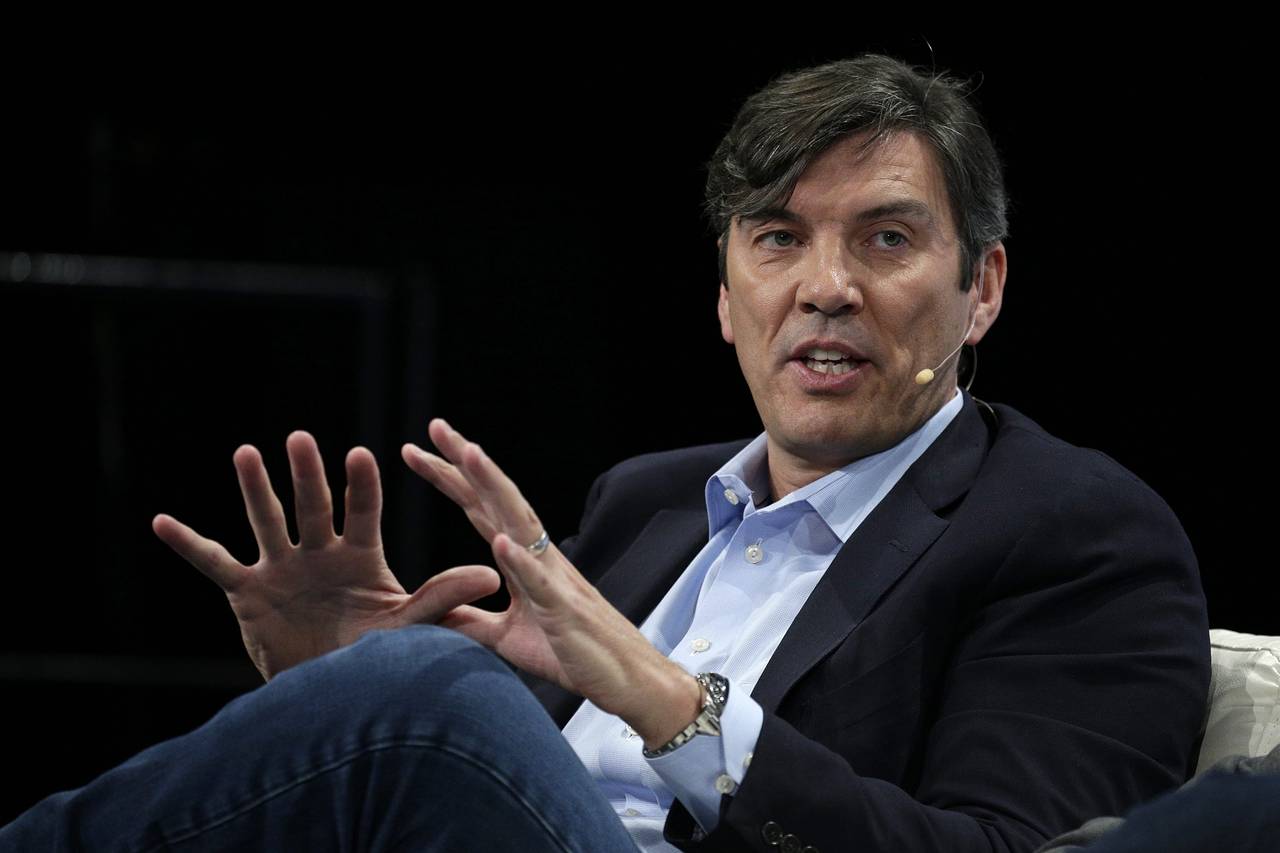AOL To Pursue More ‘Open’ Strategies
By Jack Marshall
Fears of Facebook and Google Ad Dominance Hang Over Cannes, Says Tim Armstrong
AOL CEO says concerns about the ad market ‘duopoly’ have come up all week as the tech giants move to ‘walled garden’ strategies

The growing dominance of Google and Facebook in the online ad market has loomed over many conversations at the Cannes Lions advertising festival in France this week.
According to AOL Chief Executive Tim Armstrong, the topic has come up in nearly every meeting he has taken.
“It comes up with publishers, with advertising agencies, with marketers. There’s a fear of a duopoly overall,” Mr. Armstrong said in an interview Tuesday in Cannes.
Last year, Google and Facebook together commanded 43% of global ad revenue online, according to an estimate from research firm eMarketer.
But the concern, Mr. Armstrong said, is largely driven by the so-called walled garden strategies the companies are taking. Facebook and Google are increasingly restricting third-party companies from operating on their networks and from accessing their data, and are instead pushing marketers to use their own end-to-end products.
Because of that, AOL intends to pursue a more “open” strategy, Mr. Armstrong said, despite the company being acquired by Verizon a year ago.
“I think what you’re seeing is the emergence of walled gardens as a strategy from those top players,” Mr. Armstrong said. “The larger companies have been getting more difficult with data overall, so there’s an opportunity for us to differentiate by offering a more open approach that allows us to share our data in a protected way with our partners and customers.”
AOL’s data could prove powerful for marketers, especially as it relates to mobile devices, thanks to its parent company Verizon. To target online ads more effectively, many ad companies rely on snippets of information collected from apps or by tracking users as the move around the web.
Verizon has a much more complete view of users’ mobile behaviors, Mr. Armstrong said, because it has 24-hour visibility into the data being downloaded on users’ devices, provided those users have agreed to make it available.
Verizon, and therefore AOL, might know what apps a user has installed on her phone, for example, as well as her location at a given point in time.
“We bring a differentiated set of data. We have a picture of the phone overall,” Mr. Armstrong said.
All of that information is collected from Verizon consumers and used on an opt-in basis, Mr. Armstrong stressed. AOL and Verizon are being careful and methodical with how they use the information, he said. The companies say they don’t share any information that identifies someone personally with third parties who aren’t working directly for Verizon or AOL.
AOL is also in talks with international carriers about similar advertising and content relationships, Mr. Armstrong added.
Another thorny issue that has been raised repeatedly at Cannes this week is ad-blocking software, which users can install to prevent online ads from appearing as they move around the internet.
Mr. Armstrong said the growth in ad-blocker adoption is largely the fault of the online advertising industry and the rapid growth of complex online advertising technology and systems.
Nonetheless, he described the business models of some ad-blocking software companies, some of which allow ads through their filters for a fee, as “unhealthy” for the industry.
“They’re a little like wolves in sheep’s clothing,” he said.
Write to Jack Marshall at Jack.Marshall@wsj.com
(39)



